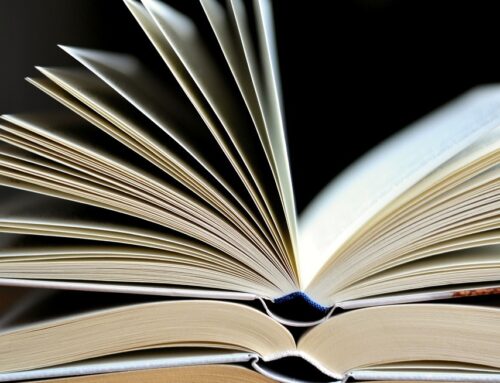I find Thomas Hubl’s work fascinating. Concepts such as integrative healer, post traumatic growth, natural integrity and right relation with oneself along with collective nervous systems and habits (which can stop us from accessing potential futures) resonate with me deep inside.
I took this author’s advice and considered an expansion of my ‘inner-world space’. What would that feel like? I wondered how to deepen my perspective. What would happen in my external world? I allowed myself to ‘relate more deeply’ to others and to presence and host others within. And the answer was. Some people disappeared from my world, others re-emerged from the distant past, and some appeared newly formed, as if, by magic.
Thomas Hubl makes it clear that trauma is a response to an overwhelming experience and that it leaves a portion of the lifeforce, trapped or frozen. The good news is these trapped and frozen bits of information, like with a black hole, can re-emerge and escape from the misery. This is a real possibility! Another quiver of hope comes when he talks about ‘one person’s more integrated nervous system helping to balance another’s fragmented nervous system’. As he says there are benefits – coregulation and coherence – to both people.
He also tells us that, ‘integrative healing is a process’. First, we must adjust our speed of movement in order to ‘meet and receive the other deeply and well’, after this tune into any unresolved energies and then, relax into the space between two people. His suggestion for healers turns the basis for many therapeutic treatments on their head. ‘Instead of trying to protect ourselves from other people’s energy, we could choose to explore with curiosity the resonance between our inner wounds and theirs.’ This makes sense to me.
I like that Thomas Hubl talks about ‘unconscious recognition of another’s wounds’ and this often being the basis for a romantic relationship. Most of us have probably been here. The main reason? From birth we are impacted by ‘interpenetrating fields of ancestral and collective trauma’ on our soul’s expression of energy. Amongst other things this causes dissonance and separation. This ‘unresolved trauma recapitulates’.
Another reason is according to quantum nonlocality objects that interact with each other, become entangled, whatever the distance that appears to separate them. And the outcome? ‘Without a developed maturity in discernment, you will continue to participate in the unconscious dynamics played out by others and unwittingly uphold shadow or trauma agreements with them.’
Thomas Hubl suggests ‘the ancestors live on inside us – in our bodies, brains, habits, preferences, reactions and other patterns of feeling, thought and behaviour.’ There are three levels of healing required: individual, ancestral and collective. I like that the results of a healing, in the vertical, horizontal, ancestral, or social fields, can often be ‘very surprising’. It brings light into ‘places of systemic stagnation and familial absence’.
This book contains little case studies and quotes from others who are active in this field of work. In particular I loved these ideas:
‘Whenever one finds himself in a state of conflict with someone or with a situation, he should entertain the hypothesis that the psyche has propelled him into that situation in order to generate consciousness.’ Edward Edinger
‘What I felt wasn’t mental; it was alive. And it is always there. It wasn’t created in our group; it was already present. It had been covered over or hidden from view.’ Hilary Baer
‘The habit, beliefs and customs of the ancestors influence the behaviour of the present, both consciously and unconsciously.’ Rupert Sheldrake.
‘The dead are not dead’ Birago Diop
I found this book made me stand back and look hard at my practice. It gives hope whilst turning some consensus theories upside down. It outlines healing processes whilst making it clear that ‘historically traumatized communities are often the first and hardest hit’. By the end of the last chapter, I understood the trauma community hold the scars of the world for the rest of us. However, I wonder if Thomas Hubl is telling us that these are the very people and communities who are most able to benefit from post-traumatic growth and to lead us out of troubled times? If so, their pain maybe our salvation.

